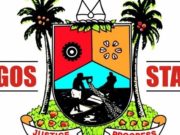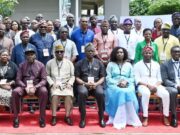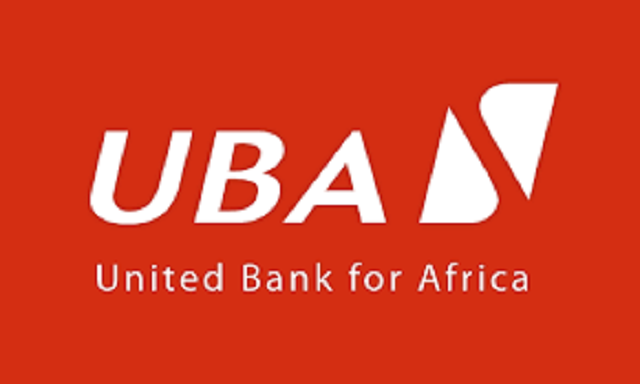Before the advent of the Russia-Ukraine war in February, last year, the United Bank for Africa (UBA) had put in place a robust risk management frameworks to adapt to any emerging risk in its countries of its operations, the bank’s Executive Director, Nigerian North Bank, Emem Usoro has said.
At a media chat in Lagos, she said the challenges of food security, supply chain disruptions, increase in fertiliser costs, increase in the cost of diesel and aviation fuel, among others, occasioned by the Russia-Ukraine war did not come to the bank as a surprise.
“All we did was to review the sectors and customer segments that would be severely affected by the war and to activate the proactive measures we had in place, including but not limited to re-evaluation of the capacity of borrowing customers in affected sectors to repay as at when due, including the variation of repayment terms as necessary. We also reduced banking costs for some affected customer segments and carried out aggressive financial inclusion drive to increase the number of the banked population, especially in rural communities in the North,” she said.
According to her, there was also active participation in special intervention schemes of the Central Bank of Nigeria (e.g. Anchor Borrowers Scheme, Commercial Agriculture Credit Scheme (CACS)) aimed at increasing local food production, boosting the nation’s self-sufficiency and decreasing hunger.
Continuing, she said there was also greater partnerships with donor and multilateral agencies for the execution of various intervention programmes like the World Food Programmes in states like Borno, Yobe, Gombe, Bauchi, Adamawa, Zamfara, Sokoto, Katsina, Kano as well as Abuja, where cash disbursements and fund transfers were made to many beneficiaries in excess of N12 billion.
Usoro listed others as the N350 million United Nations’ Women programme, $538 million Federal Ministry of Agriculture: Special Agro Industrial Processing Zones Programme, among others.
“In line with United Nations’ 17 Sustainable Development Goals (SDGs), these partnerships helped to reduce poverty and hunger, while improving the good health and well-being of the people of Northern Nigeria.
“Consequently, our customers had more disposable income to save and invest with us,” she said.
Usoro added that the Russia-Ukraine war provided a greater opportunity for UBA to positively impact the communities where we have business operations in Northern Nigeria; rather than the focus on continued growth and profit, which happened as a natural consequence of impacting of our business community positively.
Rising Inflation
On rising inflation, she said it takes the interplay of fiscal and monetary policies to curb high inflation rates (a current global phenomenon) and food insecurity.
“Despite the tight monetary policy stance adopted by the CBN since its May 2022 meeting, inflation had not decelerated towards the CBN’s long run objective (currently at 22.79 per cent as of June 2023). The continued rise in headline inflation, remained the biggest challenge confronting macroeconomic stability in Nigeria,|” she said.
She advised the fiscal authority needs to explore other avenues to expand the fiscal safety net in an urgent bid to improve its ability to respond to legacy and emerging shocks. economic diversification and non-oil revenue sources, such as the expansion of the tax bracket, will enable the reduction of fiscal deficit and public debt to improve fiscal space.
She said the UBA Nigeria, strategic goal remains to lead in Nigeria by having more than 15 per cent of the total deposit market share and being among the top three most profitable bank; and in line with this, to make UBA a bank of choice in Northern Nigeria and to have a UBA account holder in every nuclear family in Nigeria. That is why leveraging on digital technology to drive financial inclusion remains paramount in our hearts, given the low level of financial literacy in Northern Nigeria.
“Currently, our branch network is very optimal, and we would do more to leverage on our existing branch network, digital technology and partnerships with Fintechs to reach the unbanked and underbanked for the purpose of financial inclusion and access to credit,” she said.
Currently, our branch network is very optimal, and we would do more to leverage on our existing branch network, digital technology and partnerships with Fintechs to reach the unbanked and underbanked for the purpose of financial inclusion and access to credit.
Credit: thenationonlineng.net









































































